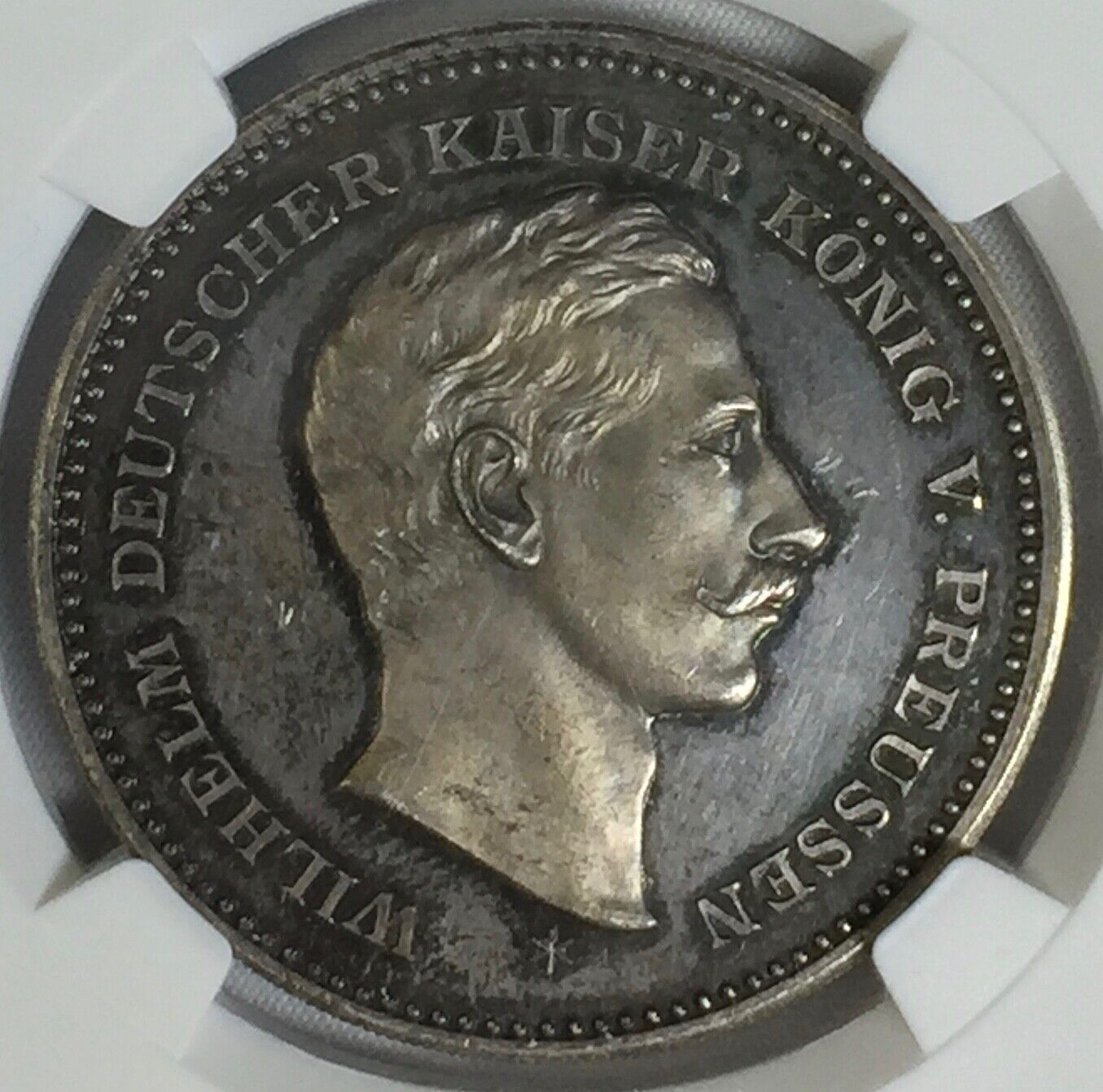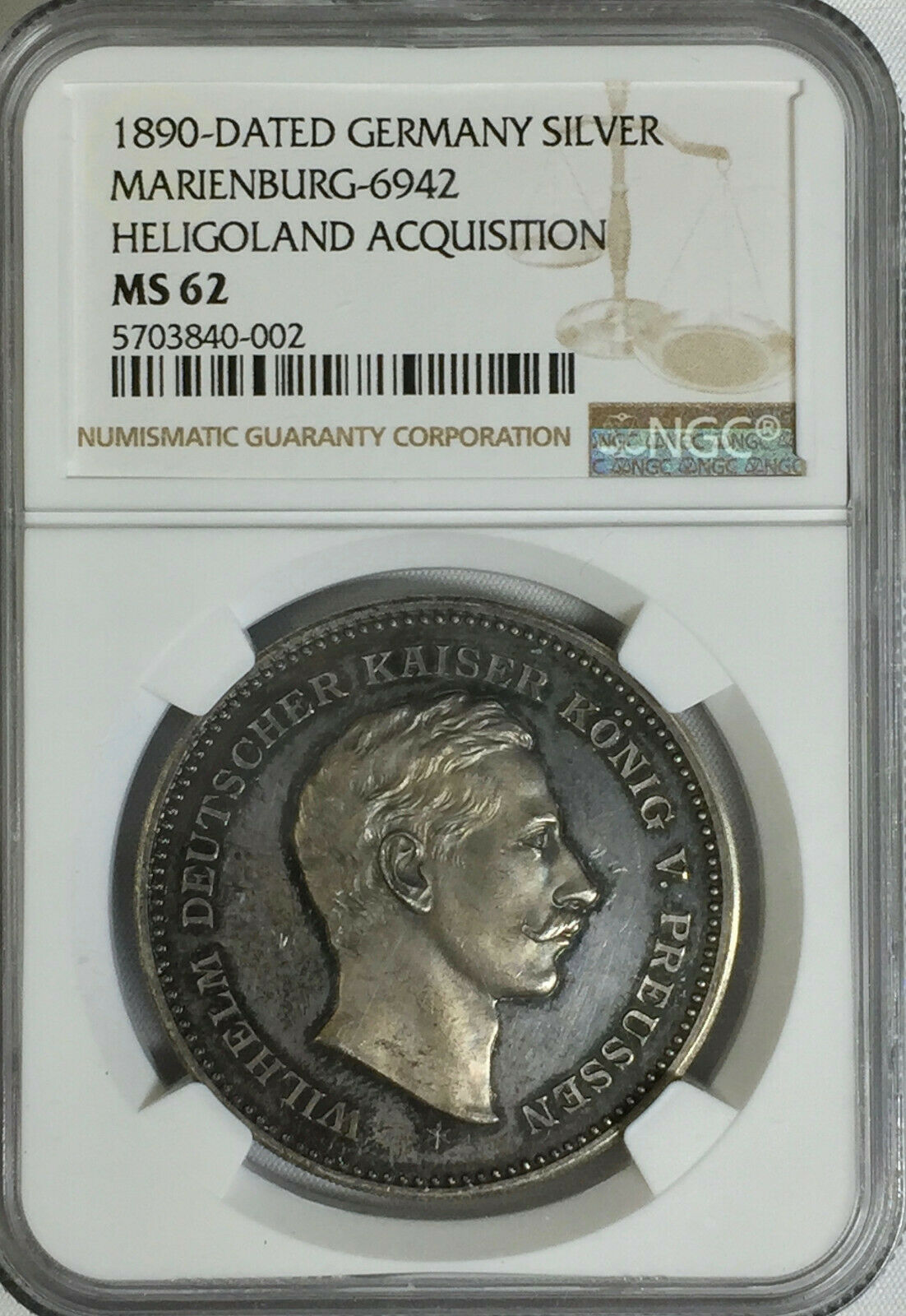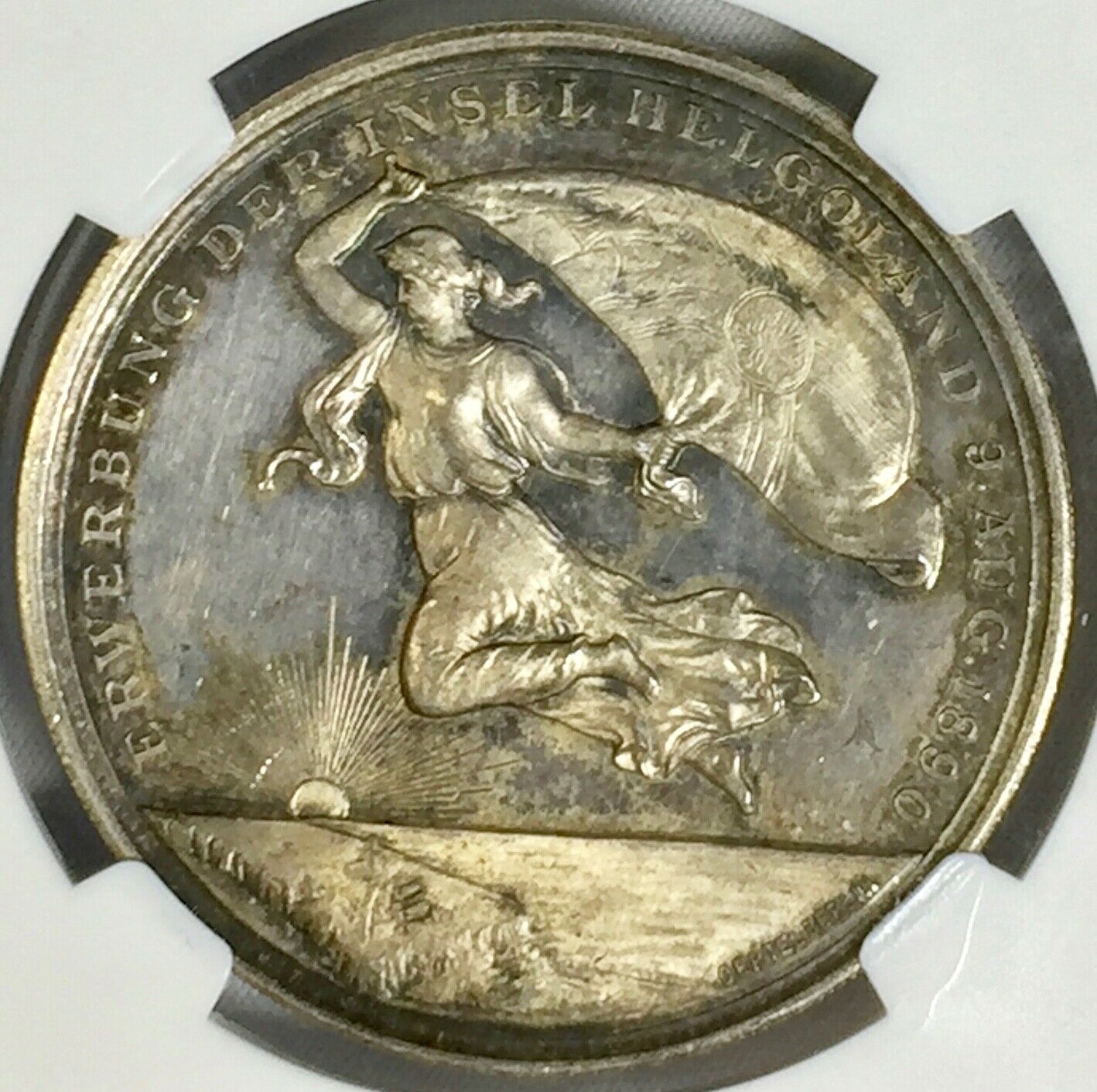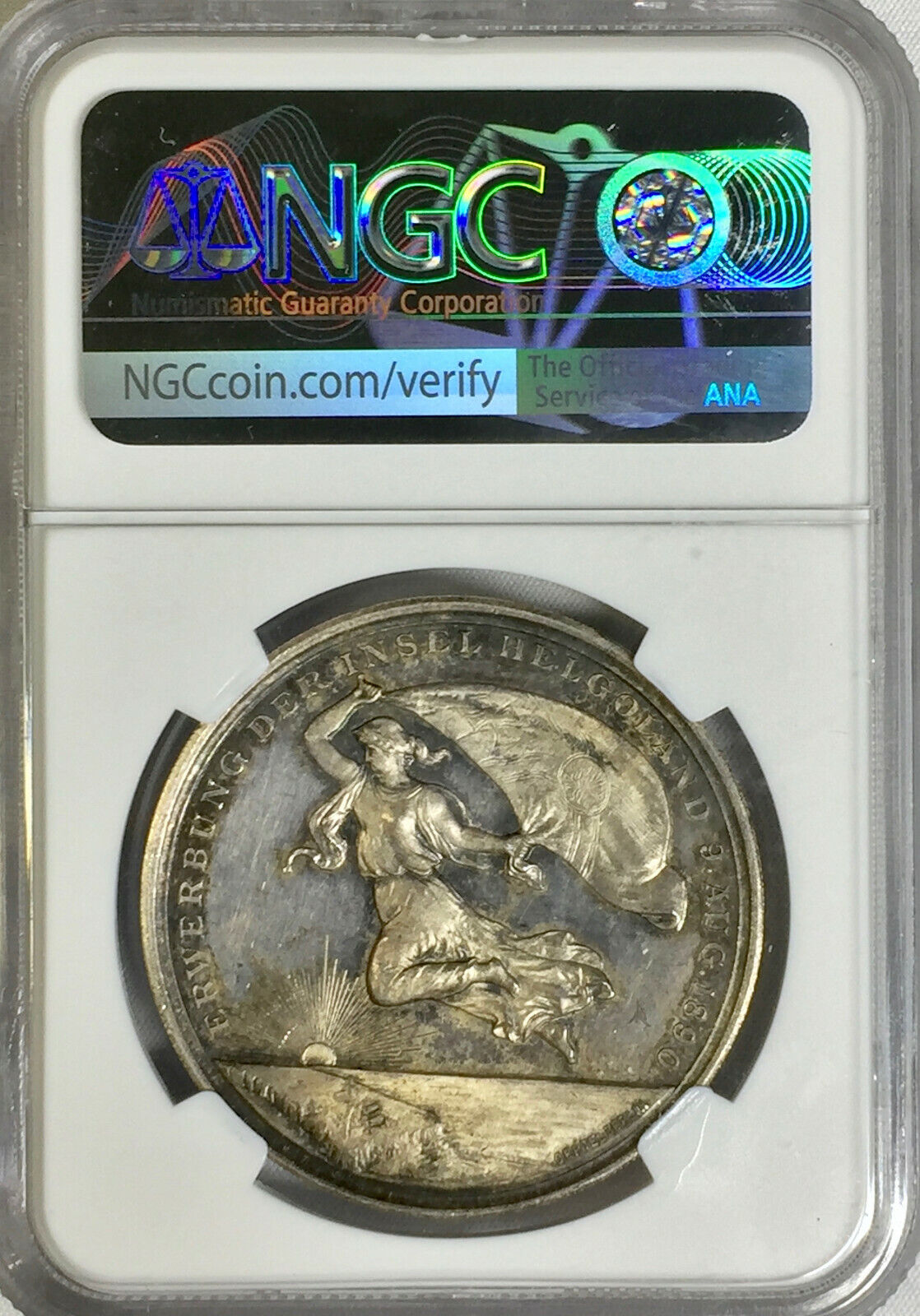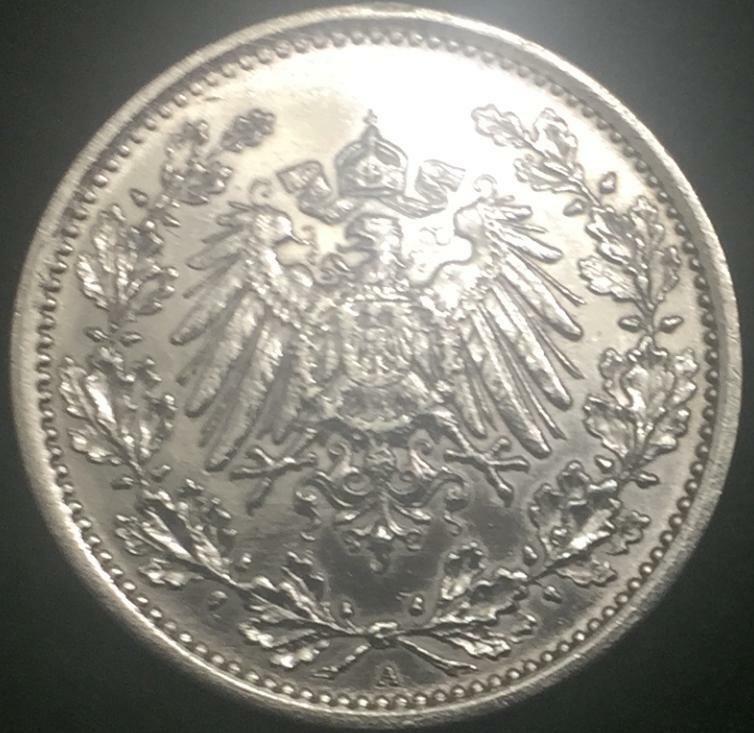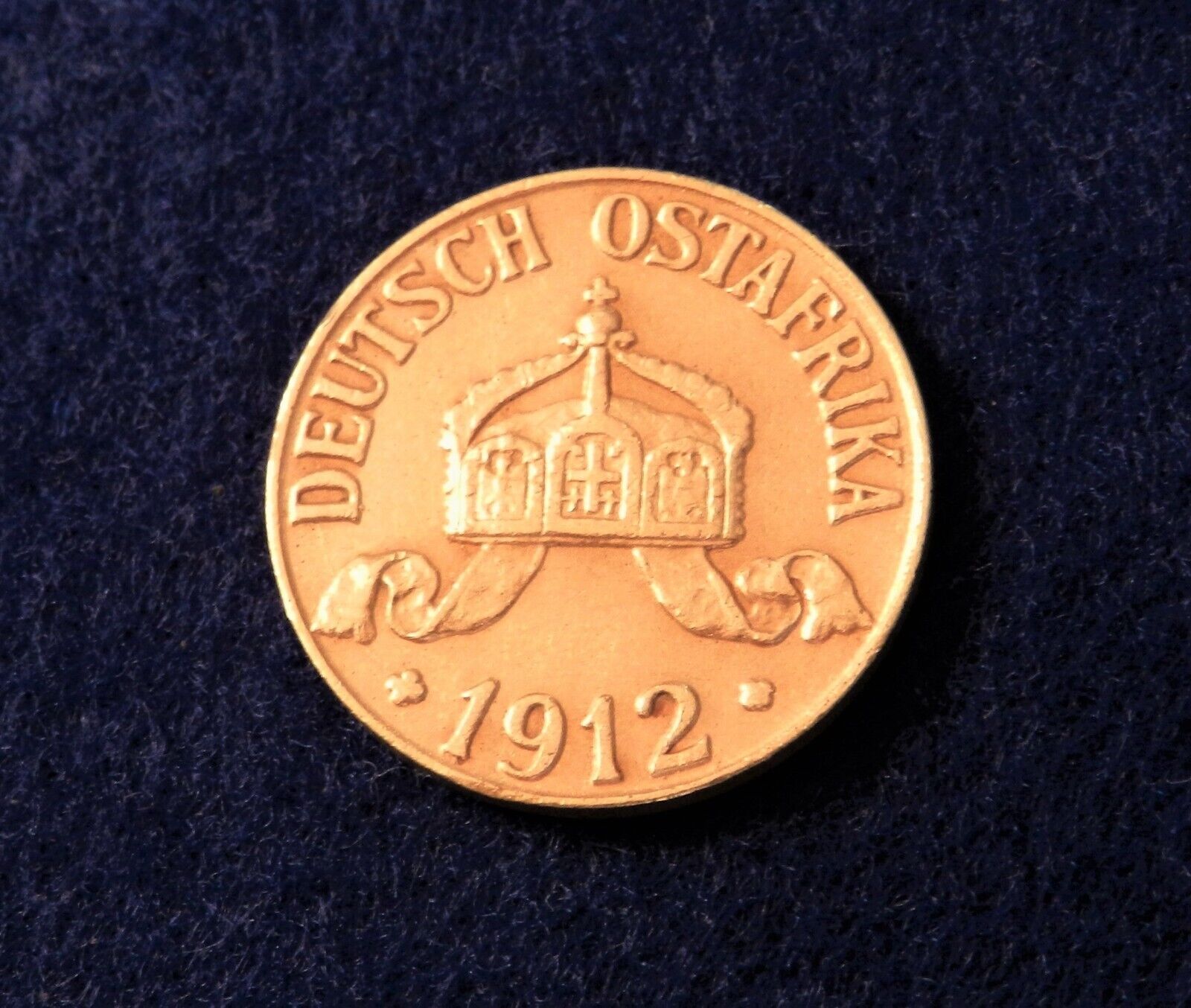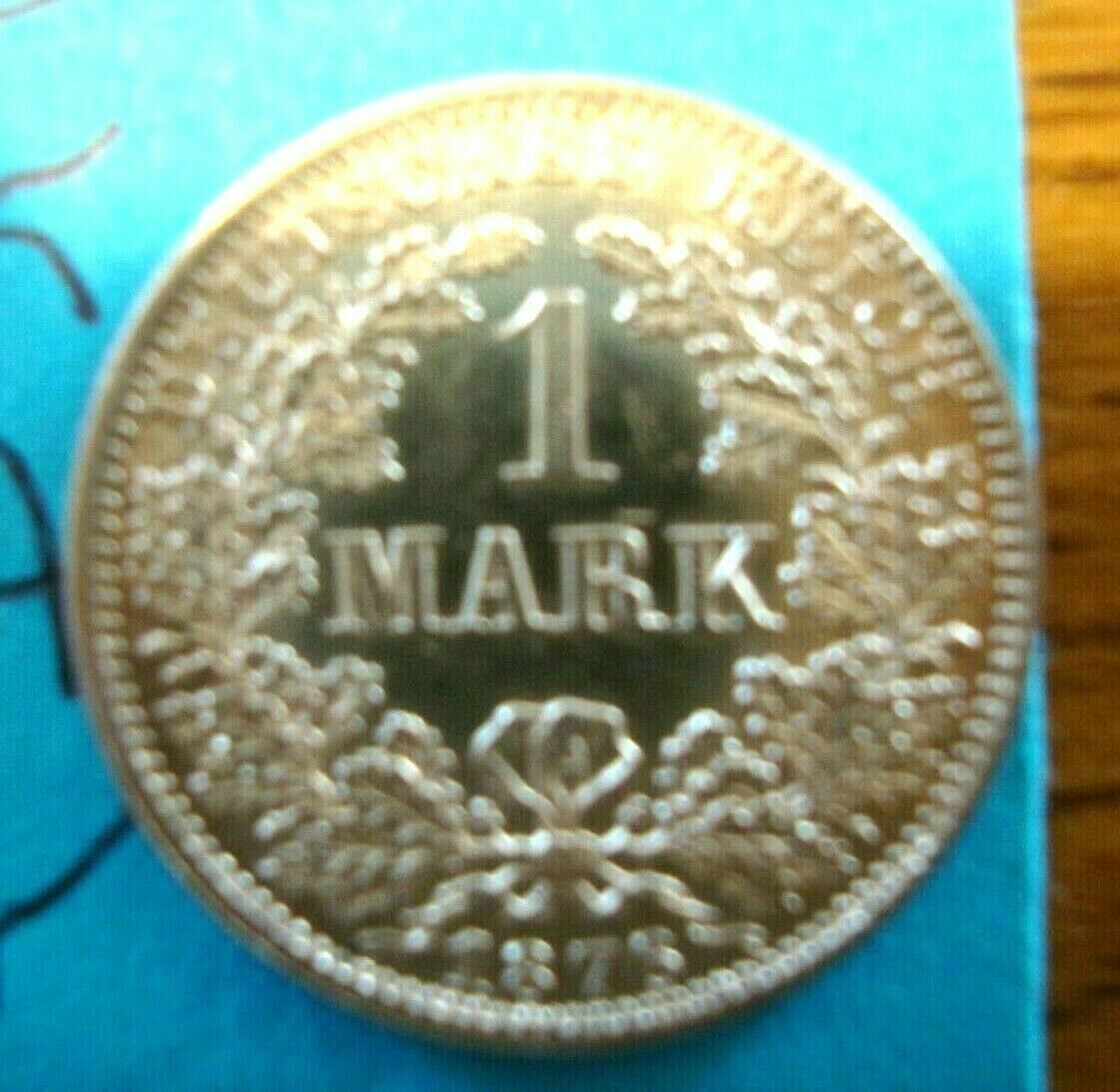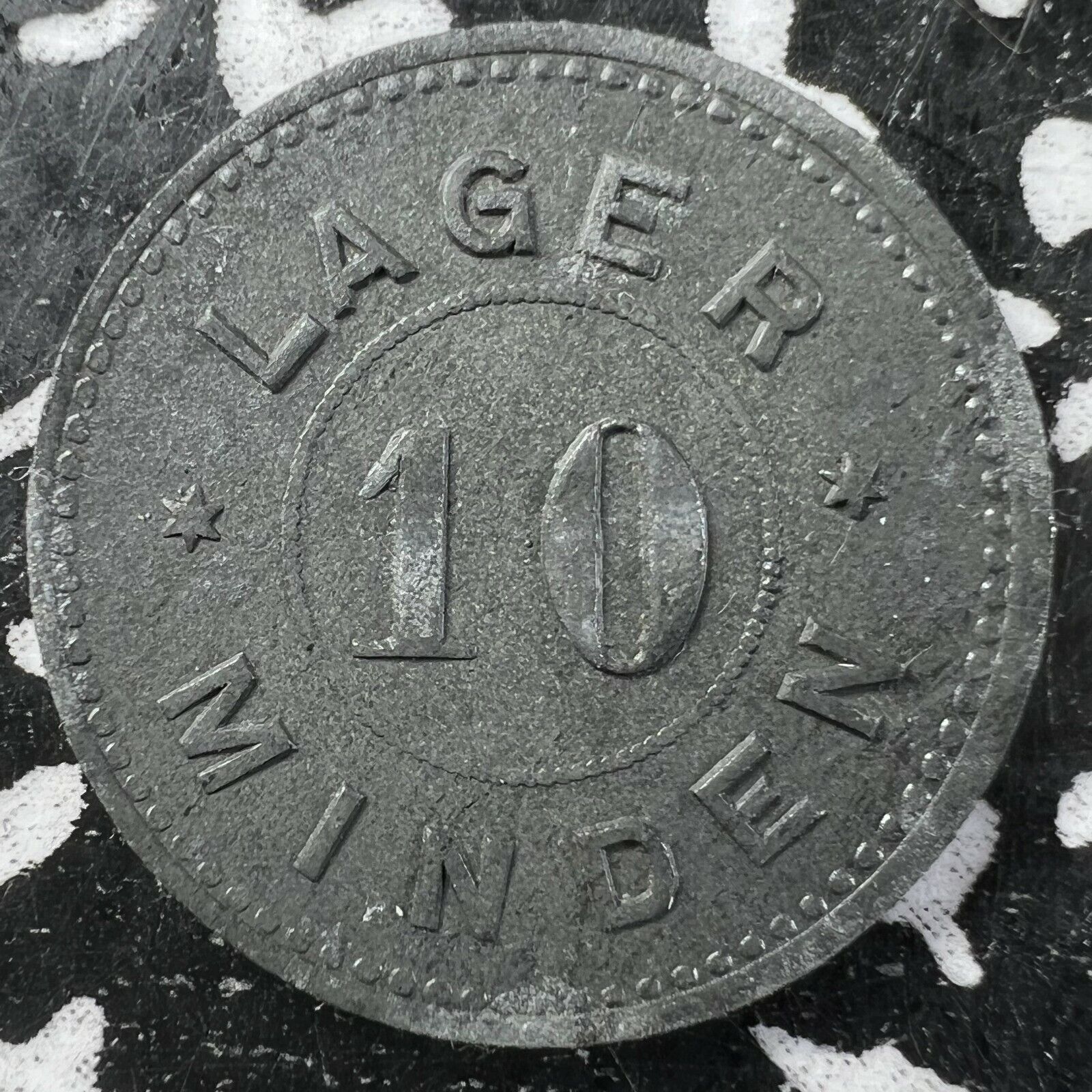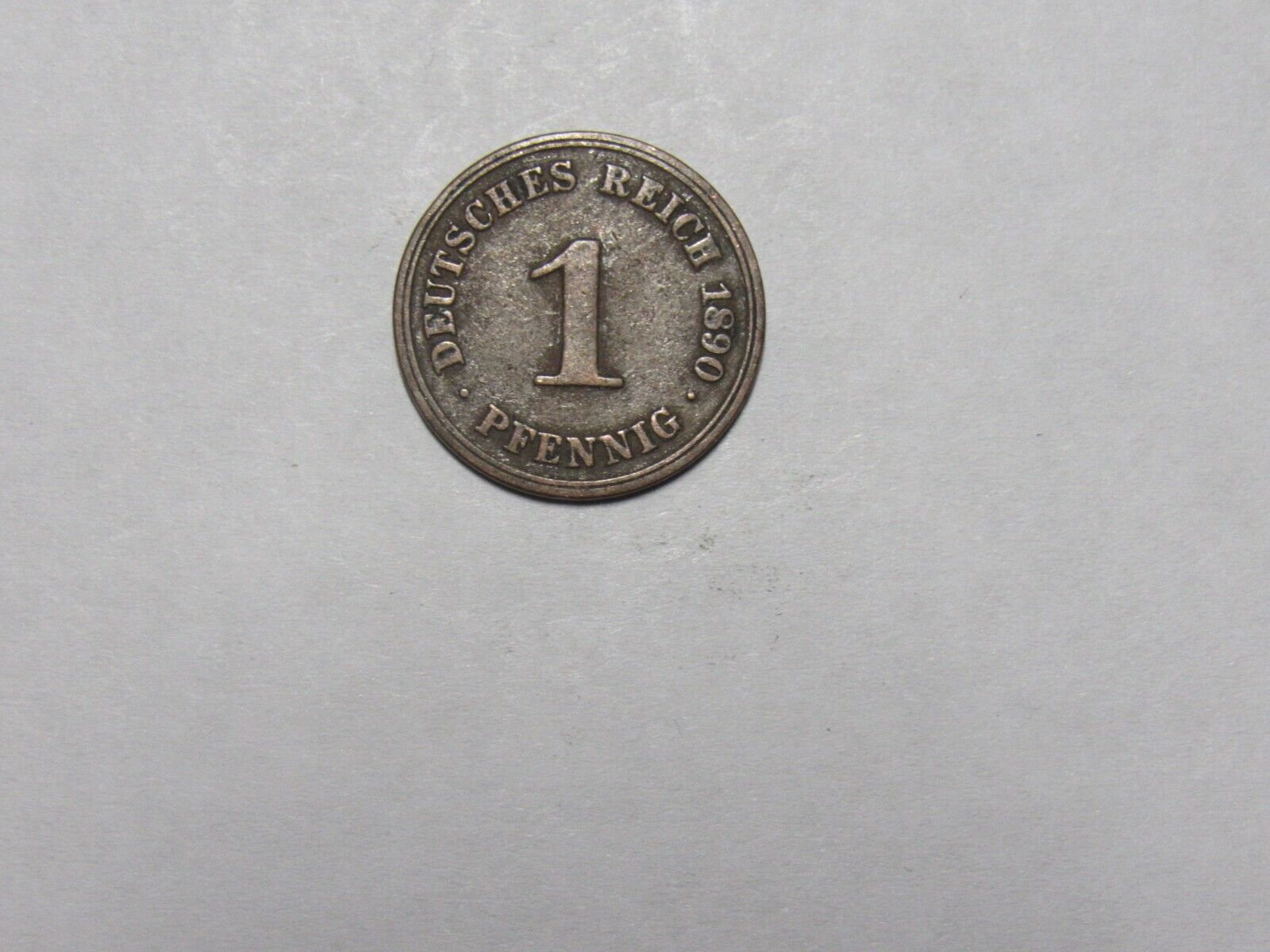-40%
Silver Medal German Empire Heligoland Acquisition Marienburg-6942 1890 NCG MS-62
$ 208.56
- Description
- Size Guide
Description
Ancient Coins Guaranteed AuthenticI offer 30-day no questions asked free returns!
All Shipping Combined
Free Domestic Shipping
International Shipping Free For Purchases over ,000
Heligoland Acquisition by Germany
Heligoland (/ˈhɛlɪɡoʊlænd/; German: Helgoland [ˈhɛlɡolant]; Heligolandic Frisian: deät Lun lit. "the Land", Mooring Frisian: Hålilönj, Danish: Helgoland) is a small archipelago in the North Sea.[2] A part of the German state of Schleswig-Holstein since 1890, the islands were historically possessions of Denmark, then became the possessions of the United Kingdom from 1807 to 1890, and briefly managed as a war prize from 1945 to 1952.
The islands are located in the Heligoland Bight (part of the German Bight) in the southeastern corner of the North Sea and had a population of 1,127 at the end of 2016. They are the only German islands not in the vicinity of the mainland.[not verified in body] They lie approximately 69 kilometres (43 miles) by sea from Cuxhaven at the mouth of the River Elbe.[not verified in body] During the period of British possession, the lyrics to "Deutschlandlied", which became the national anthem of Germany, were written on one of the islands by August Heinrich Hoffmann von Fallersleben in 1841, while he was vacationing there.[not verified in body]
In addition to German, the local population, who are ethnic Frisians, speak the Heligolandic dialect of the North Frisian language called Halunder.[not verified in body] Heligoland used to be called Heyligeland, or "holy land", possibly due to the island's long association with the god Forseti.[not verified in body]
